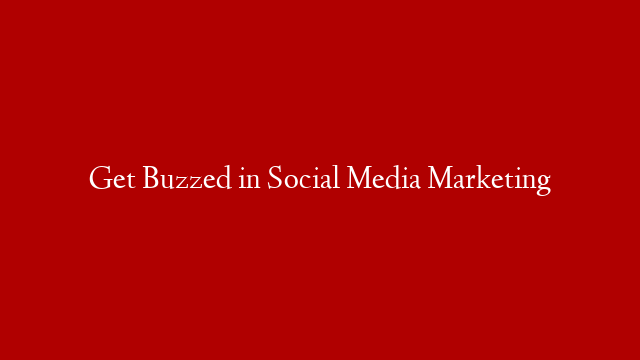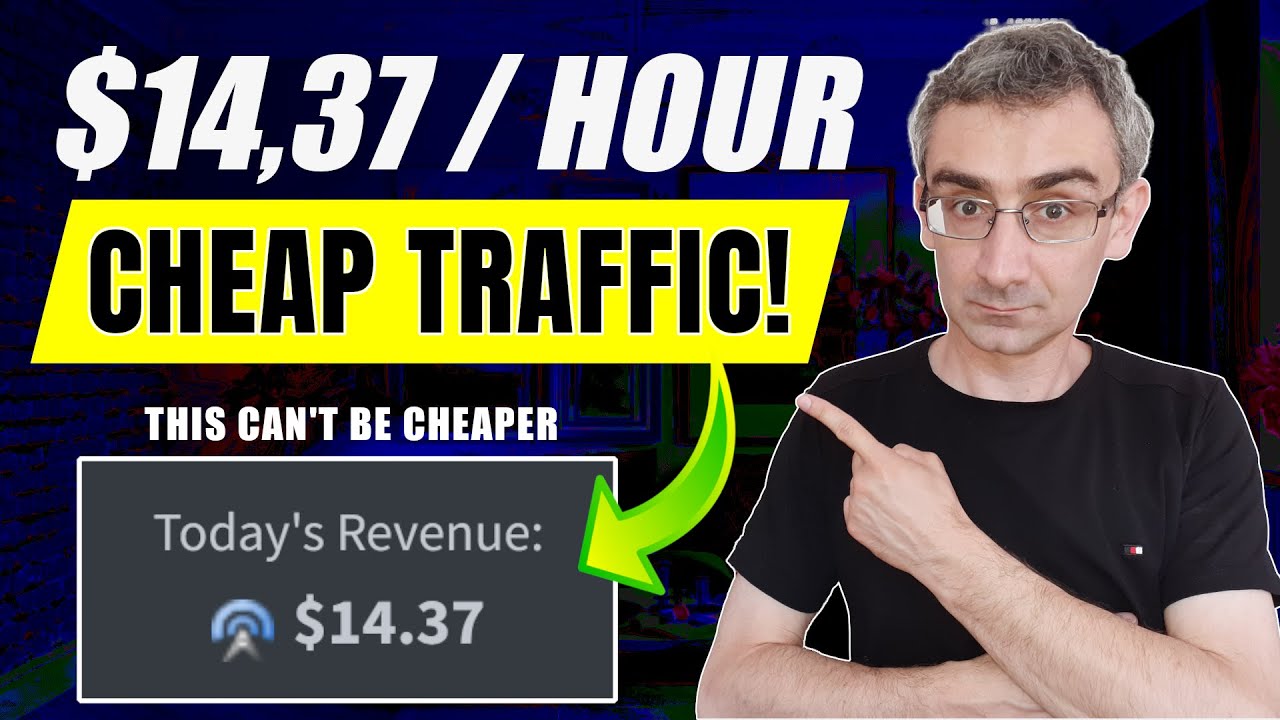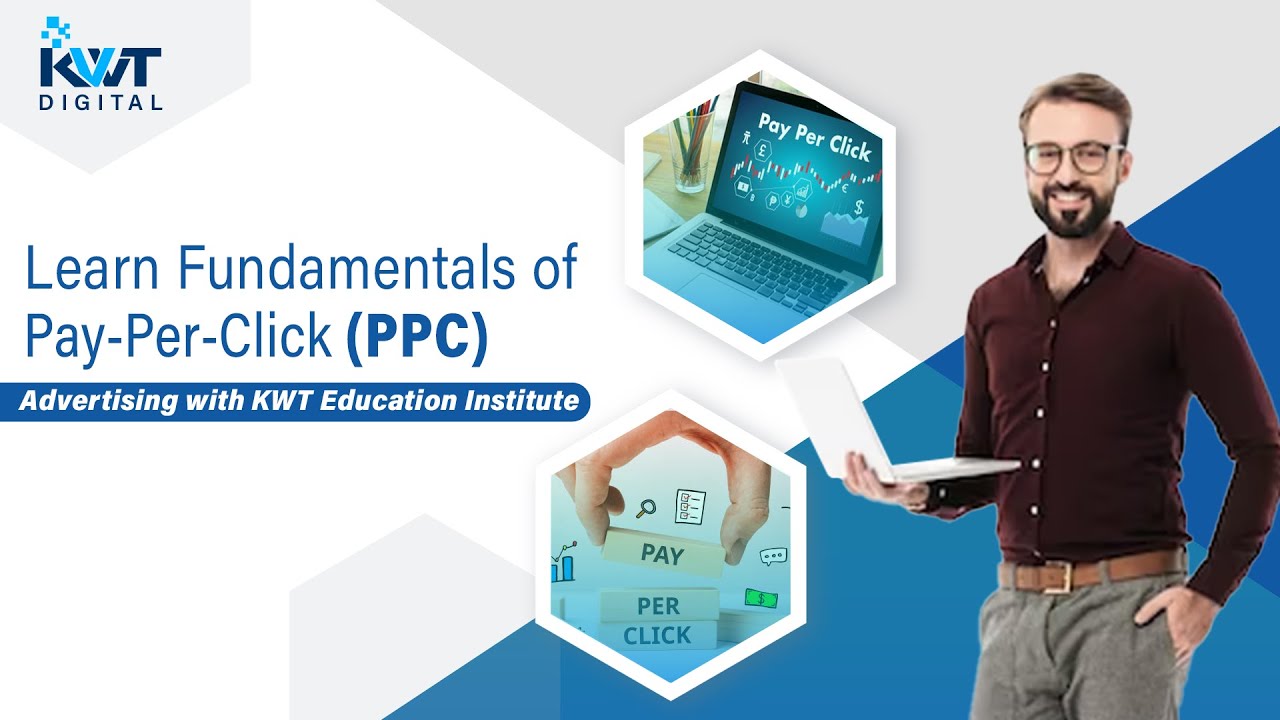Social media sites like Facebook, Digg, or Yahoo Buzz are great ways to analyze both what is “hot,” “not,” and “what’s next.” Paying close attention to social media tools enables you and your business to both stay ahead of the curve and position yourself to be “seen.” Yahoo! Buzz is pulls the hottest of articles and stories throughout the day and allows netizens to improve the story’s ranking by voting, or “buzzing” the articles up the list or down a notch. You may submit your own articles to Buzz, or create a conversation with other web heads by commenting on their comments.
Every Yahoo! Buzz story has a ranking. The rank is based on the votes received by netizens, any and all comments on or related to it, any relative search terms, and all of the times that the link has been shared by yahoo webmail. The highest buzzed story wins the feature post on the Yahoo! homepage, now considered to be the Web’s top starting point for news.
New news stories are submitted to Yahoo! Buzz and begin their Buzz life in the Up & Coming section. As your story acquires more and more votes, it rises up the ladder of Up & Coming. Once a story reaches the top of Up & Coming it will finally “make the jump” to Yahoo! Top Buzz and stays there throughout the day. Ranking is king. You want to buzz yourself, have people buzz you, and keep pushing to get your article to the top of the heap so that you can receive as many hits by new viewers as possible.
Signing up for Yahoo advertising allows you to promote yourself across all of Yahoo’s content pages and products, including Yahoo! Buzz. As you can see, Buzz allows users to decide what is important and relevant. It can be used as a statistical tool for your marketing campaigns. Moreover, when you sign up for Yahoo’s ad program you are able to put your promotions on Buzz pages.
It uses the standard keyword methodology. Advertisers select keywords related to their service or products, then they create a text ad that will promote the business, and decide upon the maximum amount they wish to pay each time an ad is clicked on. Yahoo has over 2.3 billion searchers per month. Their toolkit allows you to choose a particular demographic, audience, and even the time of day you wish your ad to be displayed. Yahoo’s tool provides keyword suggestions and allows you to test your ad and rotate it.
Like Google analytics tools, Yahoo provides reporting tools that allow you to see how well your ad is doing so that you can adjust it appropriately to meet your target demographic, and allows you to see estimates of what it will cost to implement the pay per click program.
If you are going for a wider audience you will wish to integrate your marketing campaign with your Yahoo Buzz. Social media is a powerful advertising methodology and using both widely is the difference between small time and the big leagues.
If you haven’t treated yourself to a lovely shiny new g-mail account, then you are missing out. Not only does it have endless memory, quick processing of large attachments, and a lovely search function of deleted e-mail; it also has a super cool new function called Buzz.
Buzz functions like many other popular networking sites, but it has a few new perks. Instead of friend-ing someone, like on Facebook, with Google’s new Buzz you follow them. So you want to get as many people following you as possible. Start with friends, family, and people you network with regularly on other social web-sites. Now for the cool part: any website that you have attached to your Buzz account generates posts via Buzz. Websites that you can attach to Buzz include Google Chat Status, Picassa, Flickr, posted via Buzz (at) gmail, Google reader, and Twitter.
Once you have connected any of these websites to Buzz, anything you post on the other website automatically appears as a post on Buzz. Anyone who is following you will be able to see these posts. You get twice as much exposure with half of the effort. You can post information about events, a sale your business is having, or a gig your band is playing. Buzz will get the information out.
Buzz also has some other nifty features, similar to other networking sites. You can comment on someone else’s post or a post of your own. You can like a post. You can re-share a post, e-mail a post to anyone (whether they have Buzz as well or not), and finally, and probably the most cool, is one of your contacts is online and has their G-mail account open you can reply to the post by chat, which is conveniently built into G-mail’s website.
Buzz taps into Google’s AdSense program with a more refined algorithm. If someone clicks on an add while on a Buzz screen, then the logic states that their friends might also like similar ads, articles, and websites. This adds a powerhouse punch to pay per click advertising. Much like harnessing the power of Facebook, PPC advertisers now have new avenues opened before them. Unlike fishing on particular keywords, potential customers are assisting in the event. Using this analogy it is like having fish help teach you how to fish.
This sort of advertising momentum can take your marketing campaign to the next level. Couple this with analytics tools and your PPC approach will be unstoppable. All PPC Google ads permits companies to set their advertising budget down to an exact dollar amount. In fact, the minimum required daily budget to advertise with Google through PPC Ads is one dollar. As always, the advertiser only pays when an ad is clicked, and Buzz doesn’t change that, it only helps to harness the power of social media for the purpose of ad refinement and dissemination.



